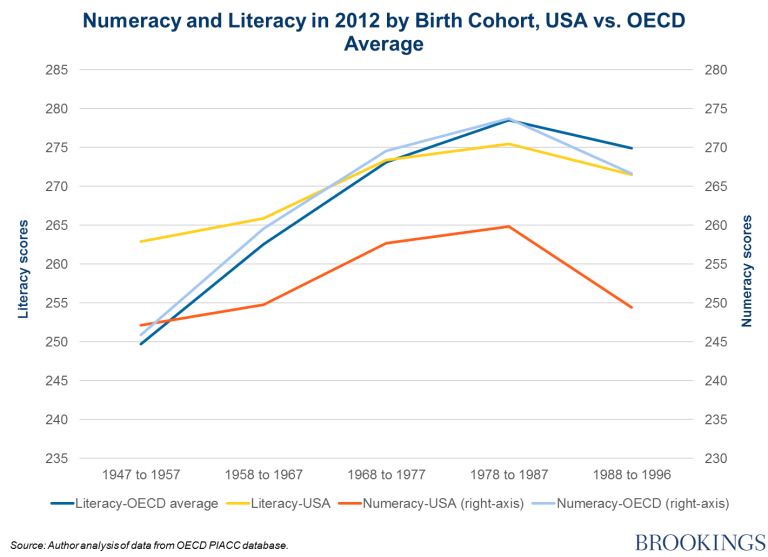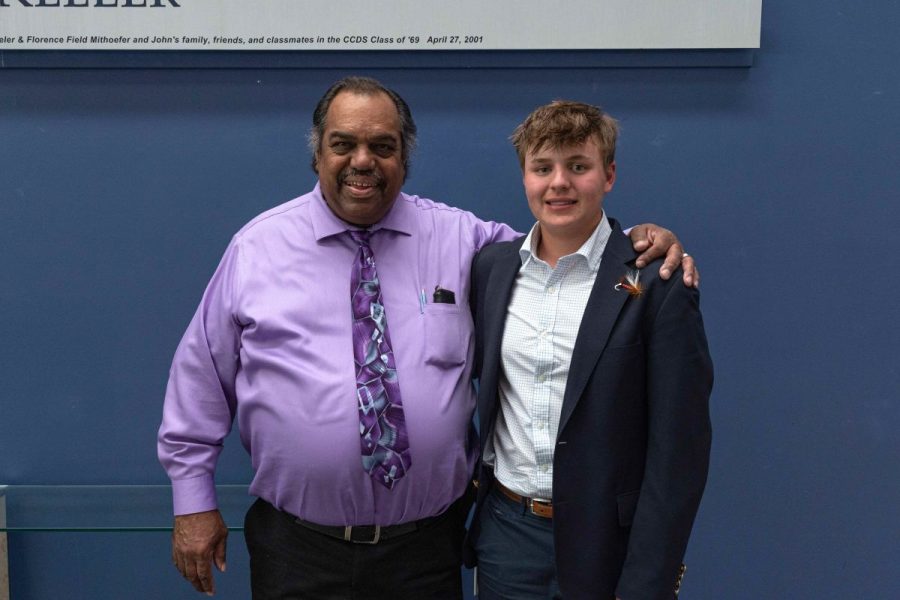By Sachi Bhati ’18, News Editor
As Country Day is one of the most technologically-advanced schools in all of Ohio, it makes sense that our school provides online courses as a resource for students to use. Seniors Trisha Atluri, Joe Lou, Kendall Smith, and David Yang have begun to take online courses this year. Trisha and Joe are taking a multivariable calculus course from a former Seven Hills teacher. David Yang is taking a computer science course called CS50X from Harvard University. Kendall Smith is taking a solar energy cell course from the University of Denmark.
Kendall believes that with an online course you have to be more responsible for keeping yourself on track. In a classroom there are far less distractions than in the online course. For example, in class you can’t just take out your phone and start texting your friends. In an online course, there are many times when the teacher doesn’t know if you are on your phone or not. Kendall has a different course format and is able to meet whenever she would like to. She is allowed to take her class whenever she has the time, but it also restricts her because you are only allowed to advance to the next stage after a certain amount of time has passed. Kendall believes online courses drive you to become self-motivated because there is no longer a teacher paying specific attention to you. Kendall believes that “you are able to fit it into your schedule, and with the class you can connect with a great teacher even though the teacher isn’t always with you.”
David went into his course with an open-mind and “expected to be introduced to computer science and be able to apply programming to hardware machines. David’s course meets once a week for about an hour and a half. Mr. Twyford checks in with David to see the progress of his projects and provide guidance. David believes that without the guidance of Mr. Twyford the class would be harder.
All the students found out that the online courses were more like a college setting. The teacher only collects the homework when you have a test, so you are definitely more responsible for your homework. Again, the face-to face relationship is no longer present in the online setting. The formats of the courses vary. David watches taped lectures, which are “very engaging and motivational.” He says that the professor does a lot of interactive discussions with the audience of the video. There is also a Facebook page in which thousands of students around the world who are taking the course are able to communicate and discuss their ideas and questions. Trisha and Joe’s multivariable course is an online audio course. There is no webcam, and the teacher has a “white board.”
While the flexibility is a good thing, the students believe that one bad thing is the ability to skip class and not get penalized. Students are not required to go at a certain time every day/week, and because of this they have more of a temptation to skip class. Communication is such an important skill to have and most kids learn that through the school environment. Joe said that college is the last time you are around people your age and you lose that by joining an online course. After college you go to work and there the people are from various backgrounds and different stages of their lives. Kendall also wouldn’t want to attend college online as opposed to in a traditional classroom, in part because of the inability to build a strong relationship with teachers, which can affect many things including the strength of teacher recommendations needed for important opportunities such as internships.
Although the Country Day students like the online courses, they wouldn’t want all of their classes to be like this. In the broad spectrum, the online courses do show that there is no age limit to learning, and that it is never too late. Online courses aren’t for everyone, but they are a great tool to use.
Image Source: http://centuracollege.edu/blog/wp-content/uploads/2013/09/106384746.jpg







